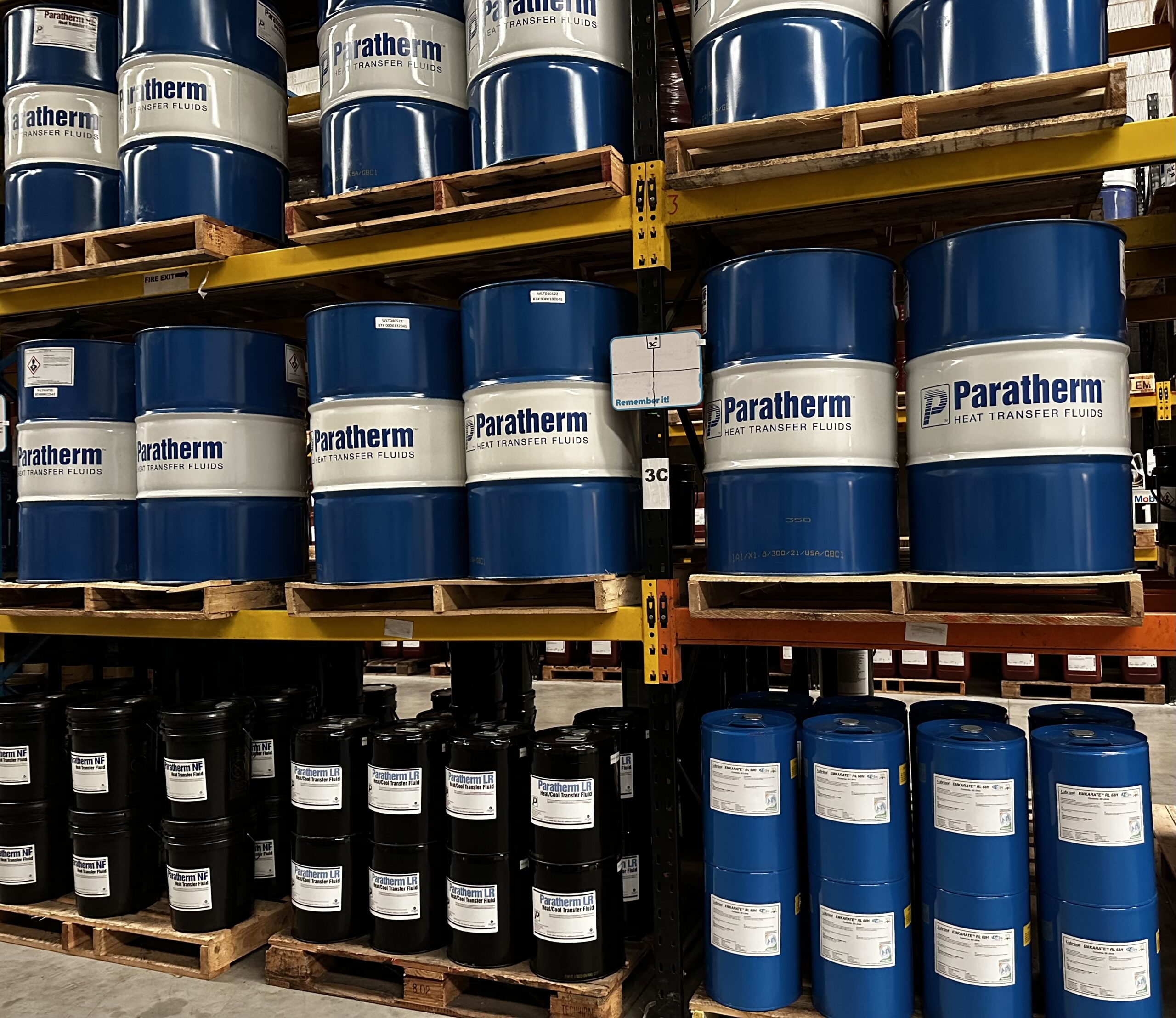Recognizing the Role of Heat Transfer Fluid in Effective Power Solutions
Recognizing the Role of Heat Transfer Fluid in Effective Power Solutions
Blog Article
Why Warm Transfer Fluid Is Very Important for Optimizing Power Transfer in Systems
The role of warmth transfer liquids in maximizing power transfer is pivotal for achieving efficient thermal monitoring across various industrial industries. These liquids promote seamless warmth exchange, guaranteeing processes run within optimum temperature ranges and mitigating the risk of getting too hot.

Function in Thermal Administration
Warm transfer liquids play a vital duty in thermal management by successfully regulating temperature levels in different commercial procedures and systems. These specialized liquids facilitate the transfer of heat in between different elements, ensuring optimum operating problems and stopping getting too hot. By keeping accurate temperature level control, warm transfer fluids enable sectors such as chemical manufacturing, oil and gas, and power generation to run safely and efficiently.
The choice of a proper warm transfer fluid depends on numerous factors, consisting of thermal security, heat capacity, and viscosity. High thermal stability ensures that the fluid can hold up against severe temperature levels without degrading, while a high warmth capability enables it to take in and launch significant quantities of warmth - heat transfer fluid. Reduced viscosity lowers the energy required for pumping, contributing to general system performance
Furthermore, warm transfer fluids are indispensable in applications like refrigeration, where they help absorb and dissipate warmth throughout the cooling cycle. In solar thermal power systems, these fluids capture and transportation solar warm to create electrical power or supply warm water. Their flexibility to varied operating problems and capability to keep constant thermal efficiency highlight their value in industrial thermal management, assisting in operational connection and enhancing precaution.

Enhancing System Efficiency
To maximize the benefits of thermal monitoring, enhancing system performance via the strategic use warmth transfer fluids is vital. These liquids play an important role in optimizing energy transfer by promoting constant thermal policy, which consequently impacts the total performance and longevity of systems. Efficient heat transfer causes decreased energy losses, minimized operational costs, and improved dependability of devices. By keeping optimum temperature levels, warm transfer liquids aid ensure that systems operate within their developed specifications, thus stopping overheating and minimizing the threat of element failure.

Types of Warm Transfer Fluids
The diversity of warmth transfer liquids highlights their essential role in a series of industrial applications, each tailored to satisfy particular thermal administration requirements. These liquids assist in reliable power transfer and are selected based upon crucial buildings such as thermal security, viscosity, and find out here now warmth capability. The main kinds consist of water, glycol solutions, oils, and synthetics, each offering distinct advantages.
Water is the most typical heat transfer medium due to its high particular warmth ability and low expense. Mineral oils are favored for their thermal security and non-corrosive nature, making them appropriate for high-temperature applications.

These liquids guarantee exceptional efficiency in systems where conventional liquids might fail. The choice of a warm transfer fluid is essential, as it influences system efficiency, safety and security, and long life.
Environmental and Economic Perks
Making use of the right warm transfer fluids offers substantial environmental and economic advantages for industrial operations. Eco friendly warm transfer liquids, typically naturally degradable and non-toxic, decrease the risk of dirt and water contamination in the occasion of leaks or spills, therefore safeguarding environments and conforming with strict environmental laws.
Financially, the right warmth transfer liquid can dramatically lower functional expenses. you could try these out Fluids with extended lifecycle performance decrease the frequency of replacements and upkeep, lowering downtime and linked costs. Generally, the critical use of ideal heat transfer fluids supports sustainable economic development and environmental stewardship.
Picking the Right Fluid
Exactly how does one navigate the complicated procedure of selecting the ideal warm transfer fluid for industrial applications? Thermal security makes certain the liquid can hold up against high temperature levels without weakening, while compatibility prevents corrosion or various other harmful responses with system parts.
Additionally, the fluid's warmth capacity and thickness are critical. A high heat capacity allows the liquid to soak up and move even more power, enhancing effectiveness. Meanwhile, optimal thickness makes sure marginal pump job and effective heat transfer, especially in differing temperatures. Environmental and safety and security facets need to additionally belong to the decision-making process. Non-toxic, naturally degradable fluids lower environmental influence and adhere to governing criteria, reducing responsibility dangers.
Verdict
The critical selection and application of heat transfer liquids are fundamental to optimizing energy transfer across various systems. By ensuring high thermal stability and ability, these fluids provide exact temperature control and improve total system effectiveness. This optimization adds to decreased functional costs and reduced greenhouse gas emissions, therefore advertising sustainability. The selection of liquid, tailored to details thickness and operational needs, is crucial for taking full advantage of performance and achieving economic and environmental benefits in commercial processes.
Report this page